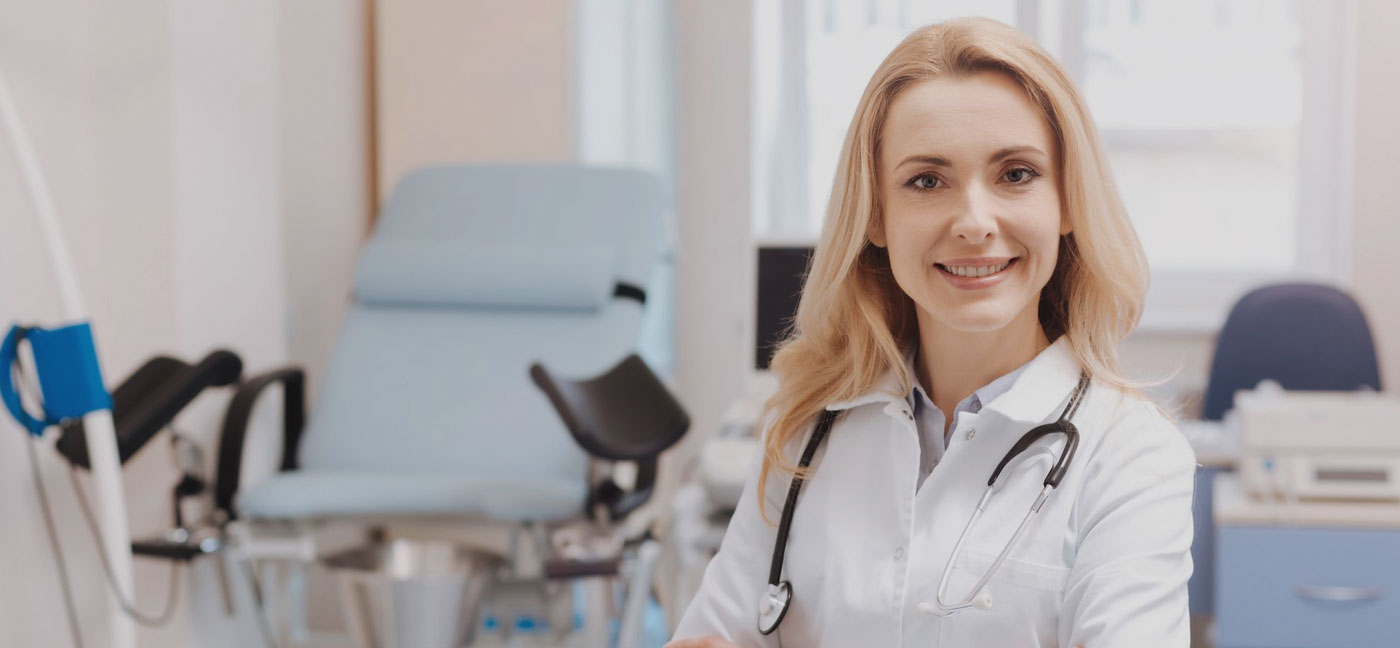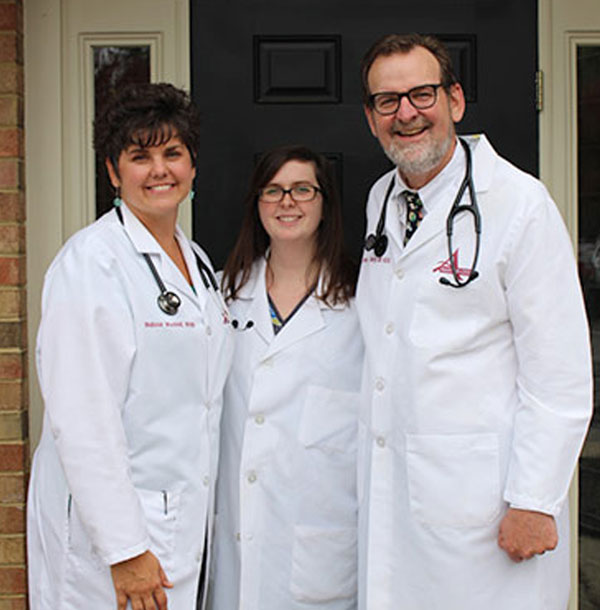Postpartum Depression
What is postpartum depression?
After childbirth, many mothers feel sad, afraid, or angry. This is called postpartum blues or the baby blues. For most women these postpartum blues are mild and go away within a week. Postpartum depression lasts longer and is more severe. About 10 to 20% of women, especially very young mothers, have the more severe form.
How does it occur?
You may have postpartum depression within a few days to a few weeks after giving birth or having a miscarriage. For about 60% of women, it is your first episode of depression. The sudden hormone changes that occur with pregnancy and birth can affect your emotions. Additionally, the 24-hour responsibility for a newborn infant represents a major psychological and lifestyle adjustment for most mothers, even if it is not your first child. These physical and emotional stresses are usually accompanied by inadequate rest until the baby’s routine stabilizes, so fatigue and depression are not unusual. Risk factors that increase your chances of getting postpartum depression are:
having been depressed sometime before you got pregnant
having been depressed after a previous pregnancy
having family members who were depressed, especially after a pregnancy
returning home with your baby to a very stressful home or relationship
having a baby with health problems or a baby who cries often
having a miscarriage late in pregnancy or a stillbirth
If your pregnancy was unwanted you are also at risk for post partum depression.
have had placenta previa before.
What are the symptoms?
Besides feeling sad and uninterested in activities, you may also:
Experience weight loss
Feel unable or unwilling to care for your baby.
Feel like harming your baby.
Be irritable.
Have trouble falling asleep, wake up very early, or sleep too much.
Have little or excessive appetite.
Be tired and low in energy.
Have low sexual desire and function.
Feel worthless and guilty.
Have trouble concentrating or remembering things.
Feel hopeless or just do not care about anything.
Have unexplained pain in your back or abdomen, or get headaches.
Worry that you will ever feel better.
Some women also become anxious, have hallucinations, or delusions. If you have hallucinations (hear voices or see things not present) or delusions (thoughts not grounded in reality) this is called postpartum psychosis.

How is it diagnosed?
Your health care provider or a mental health professional can tell you if your symptoms are postpartum depression. He or she will ask about your symptoms and any drug or alcohol use. You may be tested to rule out medical problems such as hormone imbalances. There are no lab tests to diagnose postpartum depression
How it is treated?
Do not try to overcome postpartum depression by yourself. It can be successfully treated with either psychotherapy or antidepressant medicine or both. Discuss this with your health care provider or therapist.
Medicine
Several types of medicines can help treat postpartum depression. Discuss the use of medicines with your health care provider if you are breast-feeding. Your health care provider will carefully select a medicine for you.
You must take antidepressant medicines daily for 3 to 6 weeks to get full benefit from them. Do not stop taking them too early. Sometimes a mild sedative may be temporarily prescribed as well.
Psychotherapy
Seeing a mental health therapist is helpful. Therapy may last a short time or may need to go on for many months. Cognitive behavioral therapy (CBT) is a way to help you identify and change thought processes that lead to depression. Replacing negative thoughts with more positive ones can help your depression.
Natural and Alternative Treatments
Claims have been made that certain herbal and dietary products help depression. St. John’s wort is the only one that research shows is effective in treating postpartum depression. Check with your health care provider before beginning St. John’s wort if you are breast-feeding.
Many types of alternative treatments may help depression. Some of them are:
Biofeedback. Through biofeedback you learn to control body functions such as muscle tension or brain wave patterns. Biofeedback can help with tension, anxiety, and concentration, and indirectly may help depression. Biofeedback, like relaxation therapies, should be done only in addition to psychotherapy and medicine.
Massage Therapy. Massage therapy may help lower stress, but it does not cure depression.
Relaxation Therapies. Learning ways to relax can help with depression. Yoga and meditation may also be helpful.
Art and Music Therapies. Some women find art and music therapy, along with medicines and psychotherapy, are helpful in treating postpartum depression.

What can I do to help myself or my loved one?
Maintaining a healthy lifestyle is crucial. Staying physically and socially active, especially with your partner, is very important. Having regular sleep and eating patterns will also help you. Since you will need to be up during the night with your baby during the first few months, it is important to take naps to keep your energy up.
Certain medicines such as reserpine, benzodiazepines, digitalis, and possibly beta-adrenergic blockers can add to the symptoms of depression. It is important to check with your health care provider before taking any new prescription or nonprescription medicines.
To help prevent postpartum depression:
Exercise as appropriate for you physical condition in the days right after giving birth.
Participate in activities with your significant other and baby.
Talk to your family and friends.
Eat a healthy diet.
Develop a regular sleep and nap pattern.
Learn ways to lower stress, such as breathing and muscle relaxation exercises.
When should I seek help?
Do not try to overcome postpartum depression by yourself. Seek professional help if you believe that you or a loved one has the symptoms described here.
Get emergency care if you or a loved one has serious thoughts of suicide or harming your baby, or if you hear voices or see things not present, or have delusions (thoughts not grounded in reality).
